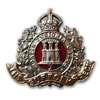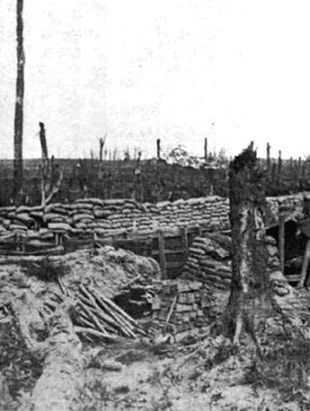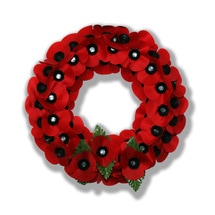OPERATION LEGACY
A UNIQUE DAY-BY-DAY REMEMBRANCE, 2014 - 2018
follow below, the great war service of the suffolk regiment,
from mobilisation to the armistice
from mobilisation to the armistice



